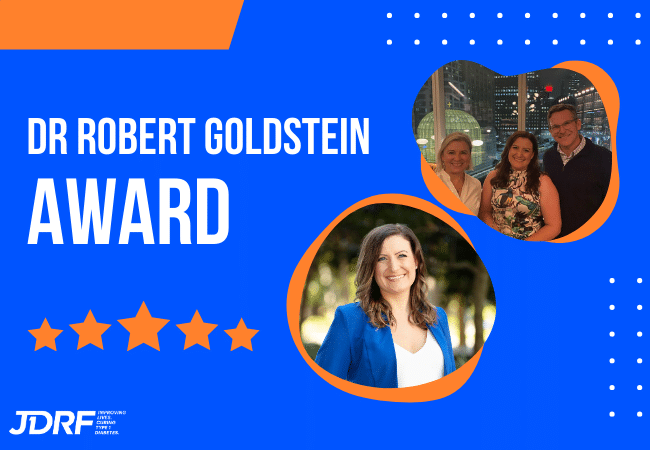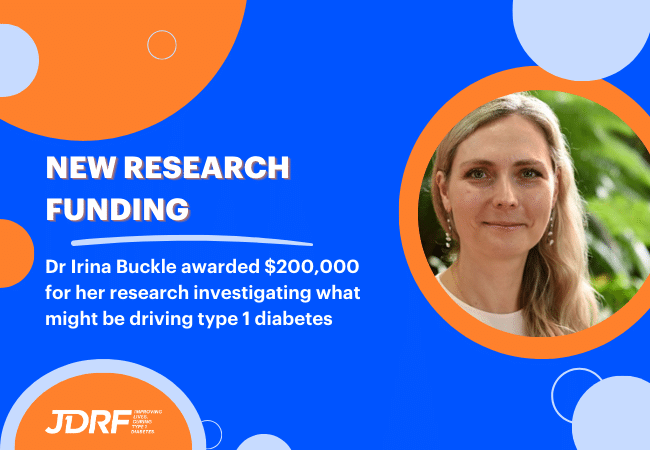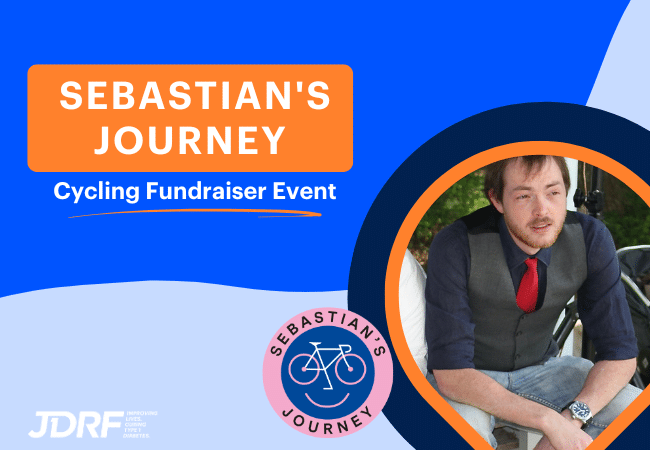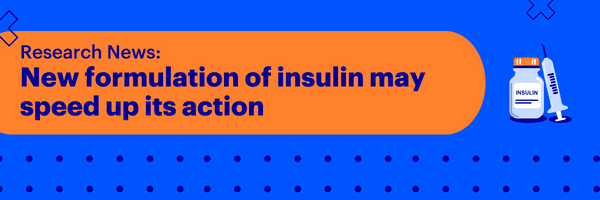Talking with David de George, PhD researcher and Career Support and Travel Grant Recipient
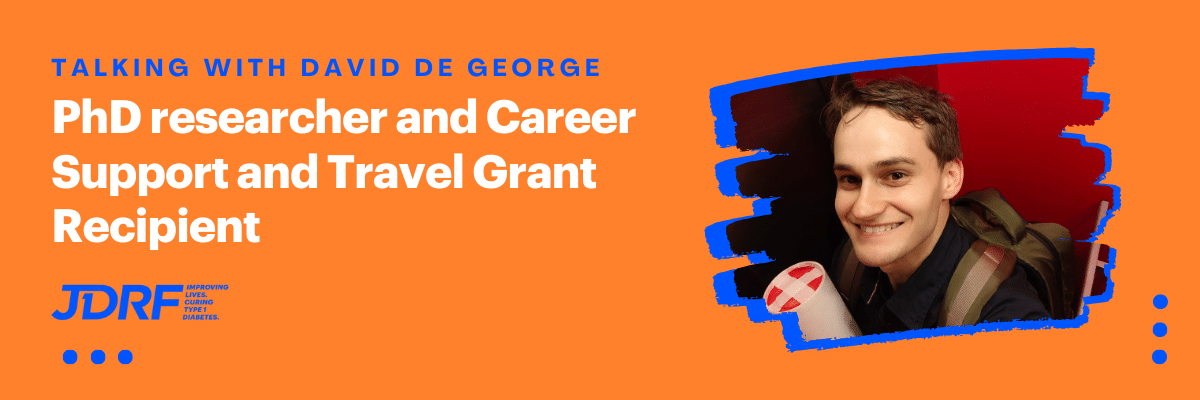
JDRF Australia’s Career Support and Travel Grants for domestic and international travel are designed to support the next generation of type 1 diabetes (T1D) researchers. They allow early to mid-career researchers and allied health professionals to gain new skills, exchange knowledge, and establish connections and collaborations.
We recently spoke to David de George, PhD student at St Vincent’s Institute of Medical Research, about his experience being awarded a JDRF Travel Grant. Read on to hear about David’s immunology research and attendance at the 19th Immunology of Diabetes Society Congress in Paris.
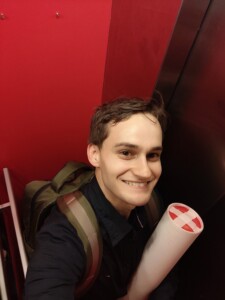
Tell us a bit about yourself and your area of research.
I am currently a third year PhD student studying at St Vincent’s Institute of Medical Research in Melbourne. My PhD project focuses on characterising the immune cells that infiltrate the site of beta cell destruction during the development of T1D. The idea is that if we know more about these T cells, we can identify mechanisms to downregulate their action to treat T1D. My project focuses on a type of T cell called CD8+ cells and how we may be able to inactivate their action through ‘exhaustion’.
What prompted you to apply for the JDRF-funded Travel Grant?
As I am now in my third year, I felt that the 19th Immunology of Diabetes Society (IDS) Congress in Paris would be a great opportunity for me to meet other leading researchers working on autoimmune diabetes and to share some of the findings I had gained up to that point.
I also wanted to introduce myself to and learn from others in the field so that I could begin my search for a potential post-doctoral project as the next important step in my academic career. The high concentration of immunologists working on autoimmunity at IDS is something that can only be achieved at an international conference and hence I was very grateful to be the recipient of a JDRF funded travel award which allowed me to attend and present my results!
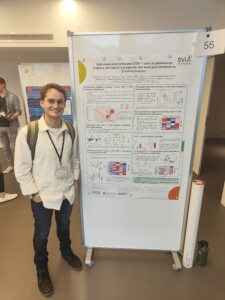
What was your experience like?
This year, the 19th IDS Congress was held in Paris, France and I really appreciated the opportunity to travel to such a beautiful city and meet so many leading researchers in my field, especially after travel restrictions making conferences like this impossible over the last few years. I had amazing, rich discussions during my poster session with researchers working on every aspect of my project, including with those with strong backgrounds in single cell transcriptomics and CD8+ T cell biology and exhaustion, including Benjamin Youngblood, a leading expert in the topic. This discussion and research presented in the conference has shaped new components of my research and greatly expanded the scope of knowledge that I can apply to my project.
What is the best thing about being able to travel internationally and its connection to your research?
The best part of being able to attend the IDS Congress was the engagement afforded by the sheer concentration of fellow autoimmune-focused immunologists that attended. I have presented work at a number of other conferences throughout my PhD; however, nothing has compared to the engagement I experienced at this conference.
I have always been drawn to the breadth of opportunity that studying autoimmune diabetes presents, and this conference has solidified this belief. Between developing treatments to replace the burden of insulin therapy, to identifying new biomarkers, to population screening programs to identify people at risk of developing T1D, there is no shortage of challenges to tackle.
Of course, I also really enjoyed the opportunity to explore Paris between the conference and nightly social events with fellow researchers!
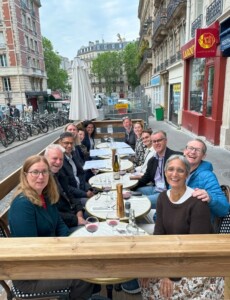
Applications for this round of the Career Support and Travel Grant are now open for early-mid career researcher or allied health professionals travelling between 1 October 2023 and 30 April 2024.
Funding will enable the recipients to participate in national or international scientific conferences, visit a laboratory or complete a short training course, with:
• Up to $1,000 provided for short courses
• Up to $2,000 provided for domestic travel within Australia
• Up to $4,000 provided for international travel

